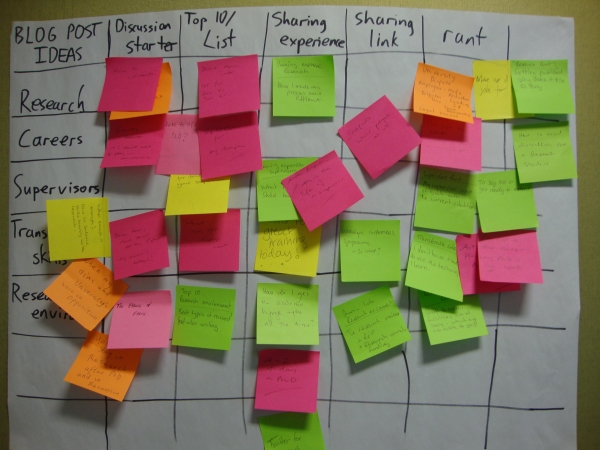In January I shared that one of my goals for this year was to read some of the books that I have bought or have been bought in recent years, but have yet to get around to reading. I tried this the year before, but it never worked because – surprise, surprise – I didn’t make the goal concrete enough. This year, I had to do something different, so like it says in the previous post I made a list of ten books that I would read in 2015. They wouldn’t be the only books I’d read this year, but they would be some which I had to read.
So far I’ve read three and started a fourth:
- What If? – a great book which applies science and creative thinking to wonderfully strange questions. One of my favourite passages is in the introduction, where Randall Munroe says “…it turns out that trying to answer a thoroughly stupid question can take you to some pretty interesting places.“
- The Upside of Irrationality – a book which I both loved and hated. One of the things I really liked was how inventive some of the experiments were, the lengths that the experimenters would go to in order to test or measure a behaviour. At times though, I was a little frustrated by some similar sorts of experiments. Still worth a read.
- The Ocean At The End Of The Lane – the only fiction book on the list, and a great little story. I read it pretty much in one go on a single train journey (and a cafe stop when I got off the train). If you like the fantastical and scary fairy tales for grown-ups then this might be your cup of tea.
I’ve started reading Playing At The World which looks at the history of role-playing games. I need to take my time with it though; it’s hyper-detailed, a serious academic work and not just a pop cultural story. I also started reading Serious Play, but I think when I bought it I may have mistaken it for another book, so I’m going to take another look soon. It may be that I replace it with another book off my oh-my-gosh-how-many-unread-books-do-I-own-pile.
I like reading for pleasure, but I also like to be inspired. Each of these books has inspired me in some way already, and the ideas form part of the mosaic of thoughts I put out in my work. It’ll be interesting to see how the other books impact.
What have you been reading lately?
Nathan (@DrRyder and @VivaSurvivors)

